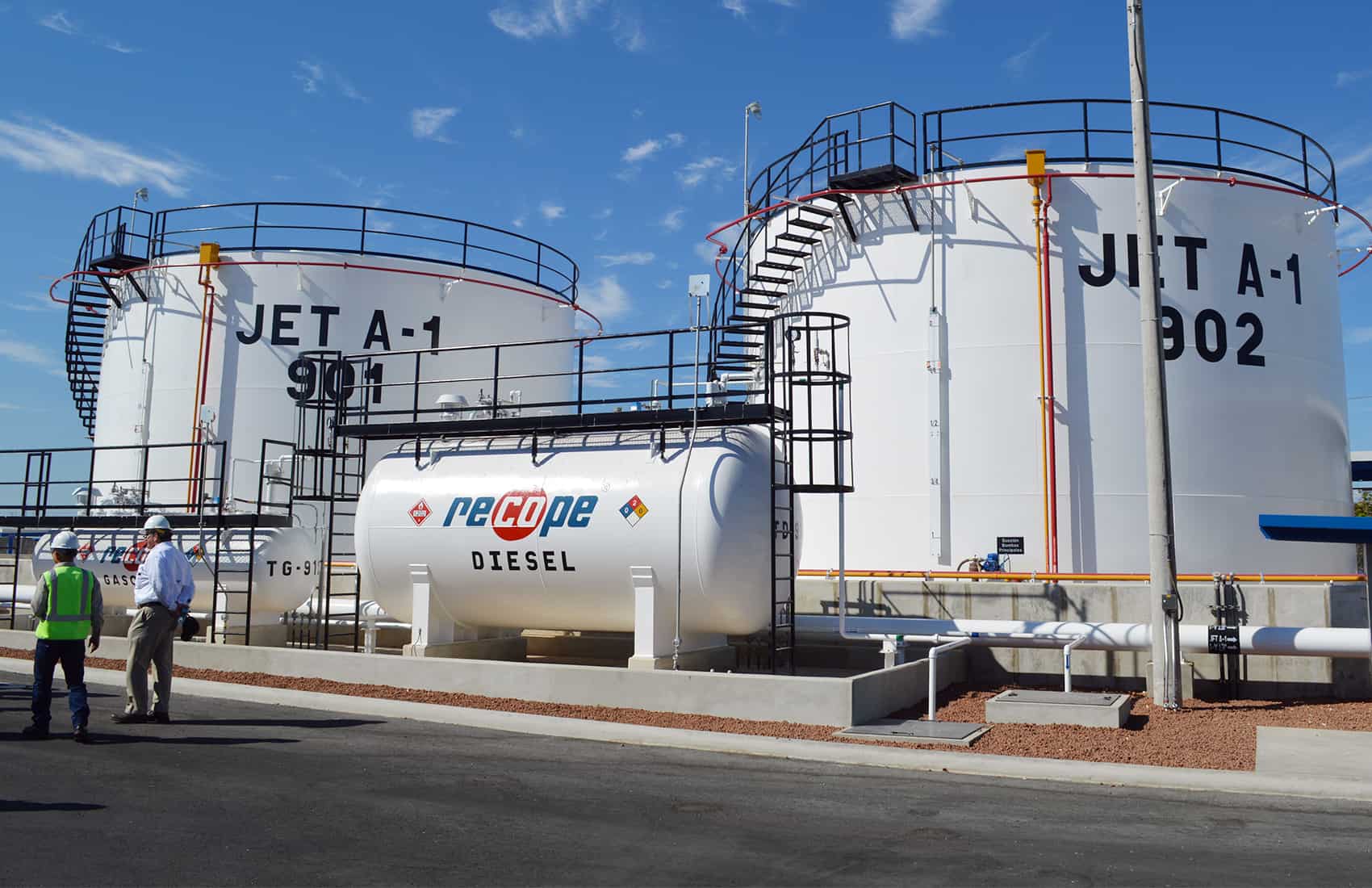New legislation introduced in congress this week aims to definitively dismantle the Costa Rican state-owned oil refinery monopoly RECOPE and open fuel importation and distribution to private competition.
Citizen Action Party deputy Eli Feinzaig presented the proposal, declaring “the fuel monopoly has no reason to exist today.” While admitting the global energy market will eventually shift towards renewables, Feinzaig contends more competition during the transition period will directly benefit Costa Rican consumers through pricing.
The bill would outline an “orderly process” for dismantling RECOPE after over 60 years as the sole caretaker of Costa Rica’s hydrocarbons supply chain. Supporters point out RECOPE has not actually refined any meaningful quantity of raw petroleum domestically in over a decade.
Though RECOPE owns critical fuel transportation and storage infrastructure, Feinzaig’s plan suggests privatizing operations and administration of this through international public bidding. The goal would be guaranteeing energy access while capturing efficiency gains.
The proposal emerges just as President Rodrigo Chaves voices ambitions to explore oil and natural gas development — aims that clash with the current moratorium on exploration and drilling enshrined until 2050.
For decades RECOPE has shouldered criticism over pricing formula opacity and salary provisions critics deride as excessive. Feinzaig contends pivoting towards tightly regulated private actors introducing competition could yield savings for consumers frustrated by “historical abuses.”
However, realizing such change after reliance on RECOPE’s centralized structure since 1961 could prove complex. The initiative must clear commission review then pass two rounds of legislative voting over months of debate.
Critics also speculate that severing RECOPE’s mobility monopoly might increase prices at least short term by subdividing operations. Union resistance over job impacts will likely also mount pressure.
But Feinzaig remains confident market liberalization aligns both with global energy transitions and consumer interests domestically after years of monopolistic inefficiencies. Just this week, RECOPE drew fresh accusations of opaque gasoline import contracts disadvantaging customers amid soaring inflation.






